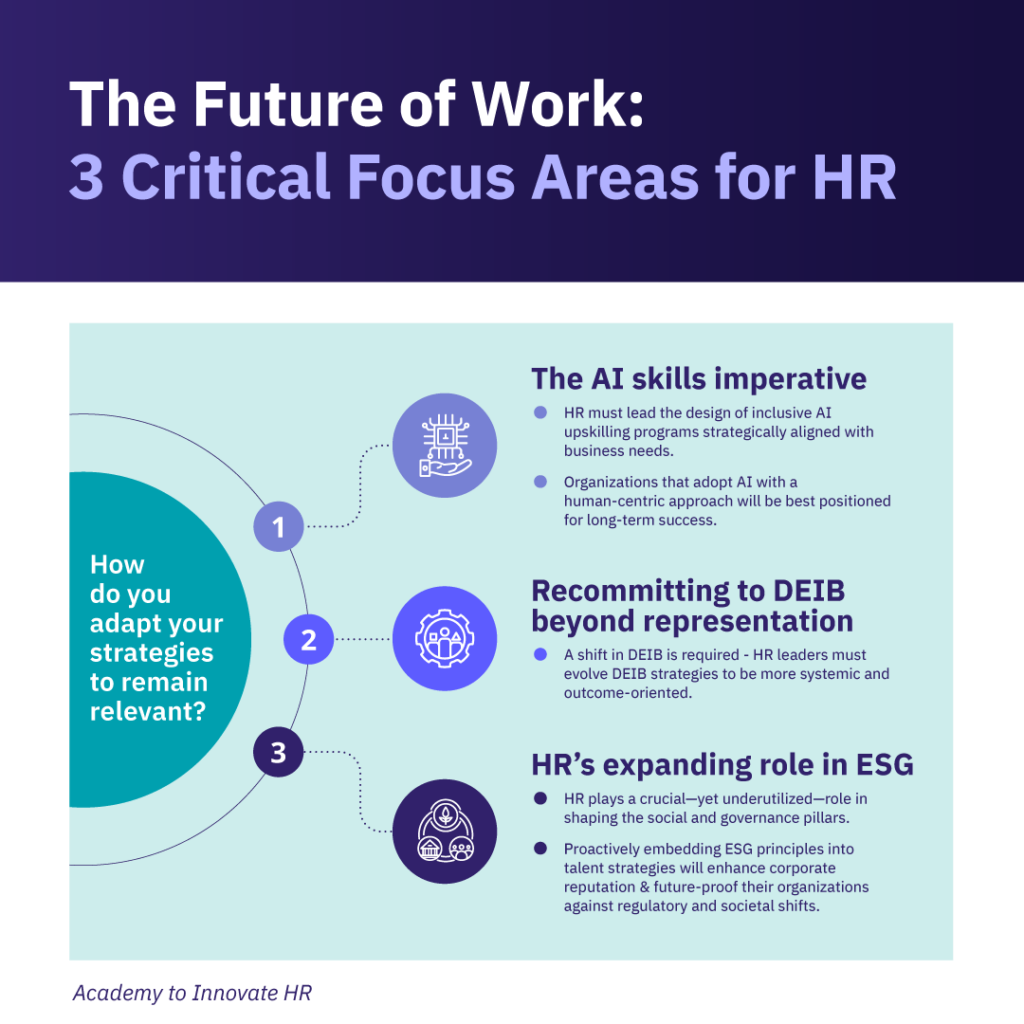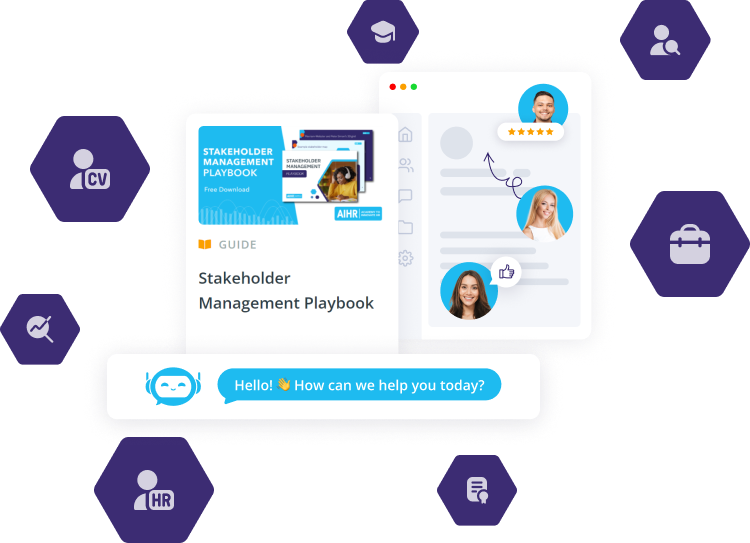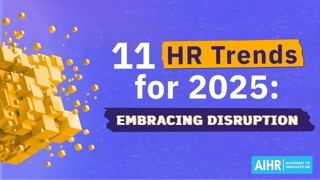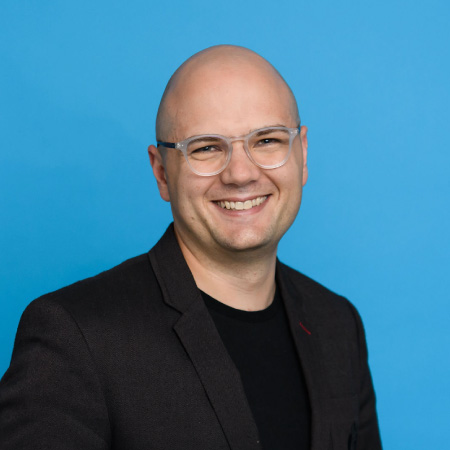Every year, world leaders from business and government convene in the Swiss Alps for the World Economic Forum (WEF) summit. Here, pressing global challenges and emerging opportunities are debated. This year, one sentiment was unmistakable: the world is undergoing seismic shifts related to geopolitical power, the impact of AI across industries, and the threat of climate destruction.
The summit’s opening coincided with President Trump’s inauguration. Interestingly, CEOs who had funded the Trump campaign were notably absent from Davos, redirecting their attention to highlight their support for the new administration. President Trump also reiterated his “America First” narrative later in the week, signaling to the rest of the world that America was open for business as long as it benefits America.
This year’s theme of “Collaborating for the Intelligent Age” sparked various conversations on the impact of AI, its potential power for progress and division, the shifting labor landscape, and the continued battle against climate change.
As these transformations unfold, HR professionals face an urgent question:
How do we adapt our strategies to remain relevant?
Three critical HR priorities must take precedence in 2025 and beyond.
1. The AI skills imperative
Artificial intelligence is reshaping industries at an unprecedented pace, yet the risk of unequal access to AI skills threatens to deepen economic disparities. A dual approach is needed—one that prioritizes skill-building across all workforce levels and ensures responsible AI adoption that enhances, rather than replaces, human potential.
HR must lead the design of inclusive AI upskilling programs strategically aligned with business needs. As highlighted in our 2025 Trends Report, organizations that adopt AI with a human-centric approach will be best positioned for long-term success. This requires equipping employees with AI literacy and embedding AI ethics and governance into workplace policies to safeguard against bias, unintended consequences, and workforce displacement.
2. Recommitting to DEIB beyond representation
Diversity, Equity, Inclusion, and Belonging (DEIB) initiatives are facing heightened scrutiny, with critics blaming them for operational failures that have little to do with their core intent. In some cases, DEIB has become a scapegoat for crises that stem from systemic inefficiencies—such as the LA Fire Department’s delayed response to devastating wildfires or the collision between an American Airlines jet and a Black Hawk aircraft.
While these claims lack evidence, they underscore the need for a shift in DEIB strategies.
Too often, organizations focus exclusively on representation, neglecting to address the deeper structural barriers that hinder true inclusion. To drive meaningful change, we advocate for a new approach—one that prioritizes systemic transformation over superficial actions.
3. HR’s expanding role in ESG
While sustainability teams often lead environmental, social, and governance (ESG) strategies, HR plays a crucial—yet underutilized—role in shaping the social and governance pillars. Organizations must move beyond reactive compliance and integrate ESG principles into workforce policies, leadership development, and ethical business practices.
HR leaders are mandated to drive ESG value creation—whether through responsible AI governance, employee wellbeing initiatives, or fostering a culture of accountability. Those who proactively embed ESG principles into talent strategies will enhance corporate reputation and future-proof their organizations against regulatory and societal shifts.

Where do we go from here?
AI disruption, geopolitical shifts, and changing workforce expectations demand a bold and strategic response. For HR leaders, this complexity is not merely a challenge but an opportunity to reshape the role of work in a rapidly changing world.
The year ahead will bring uncertainty, requiring HR leaders to act with courage, focus, and resolve. We must serve as a steady anchor for our organizations, guiding them through the complexities of change. As the future of work becomes increasingly human-centric, our role grows more critical than ever.
The question is: Will we rise to the occasion and champion humanity’s future in the face of uncertainty?
How we can help
At AIHR, we offer practical training programs to help your HR team tackle today’s challenges. Our courses are designed to build skills across various key areas.
For example, our DEIB Certificate Program covers topics like inclusive communication and understanding cultural differences. This training equips your team to create a workplace where everyone feels valued and included.
We also provide training that aligns HR strategies with ESG principles. This includes responsible AI use, promoting employee wellbeing, and upholding ethical business practices. These courses prepare your team to support sustainable and responsible growth.
By partnering with AIHR, your HR team gains access to comprehensive training and resources. Our flexible programs are designed for immediate application, helping your team develop skills that drive business success.







